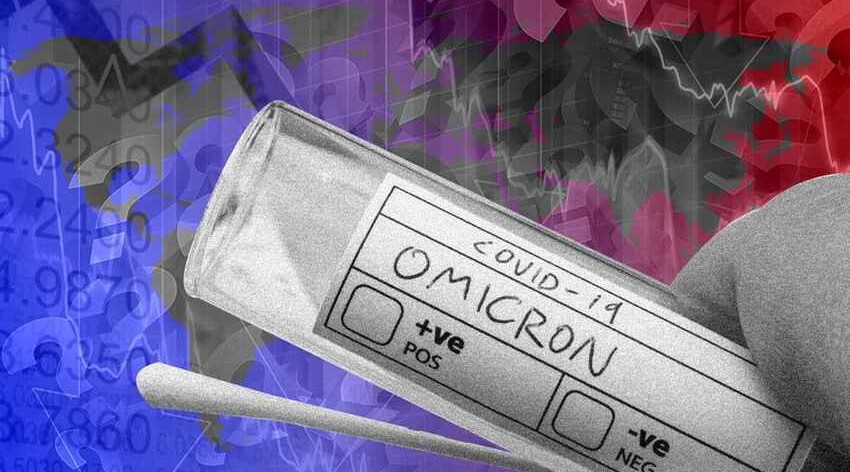Maldives confirms first case of Omicron strain
These individuals will only be released from quarantine once their test results return negative for the infection

The new and more transmissible variant of Covid-19, ‘Omicron’ has surfaced in the Maldives, Qazet.az informs referring to Maldives media.
The Health Protection Agency (HPA) revealed this on December 5 night, highlighting that the first case of the new variant was confirmed through genome sequencing of a tourist that arrived in the Maldives.
Although HPA is yet to provide more details regarding this, the public health authority had earlier stressed that the variant could have surfaced in the Maldives.
This comes at a time when neighboring countries have also been confirming cases of the new coronavirus variant, including India and Sri Lanka.
With this, HPA has urged the public to put in the best efforts to ensure the protection of all and strictly adhere to safety precautions.
This comes not long after Maldives imposed a ban on travel from seven countries in Africa, triggered by the threats of a newly surfaced, more transmissible variant of Covid-19.
Travelers have been banned from South Africa, Namibia, Mozambique, Lesotho, Botswana, Zimbabwe and Eswatini, including those who visited these countries 14 days before arriving into the Maldives, as well as those who transited in these countries for more than 12 hours.
However, work permit holders and locals are exempt from this new guideline.
Further, the announcement reads that those who have travelled to the Maldives after spending more than 14 days in these countries and over 12 hours in transit, must observe a quarantine period of 14 days.
These individuals will only be released from quarantine once their test results return negative for the infection.
Instructions have also been provided for those who are already headed to the Maldives from these countries, after the publication was issued. As such, they must undergo PCR testing, undergo additional PCR testing after 14 days and completing additional PCR testing before leaving, if they stayed less than 14 days.
Following the public announcement, relevant authorities and institutions have been urged to implement the new guideline.
